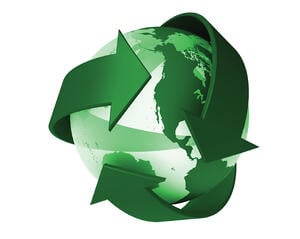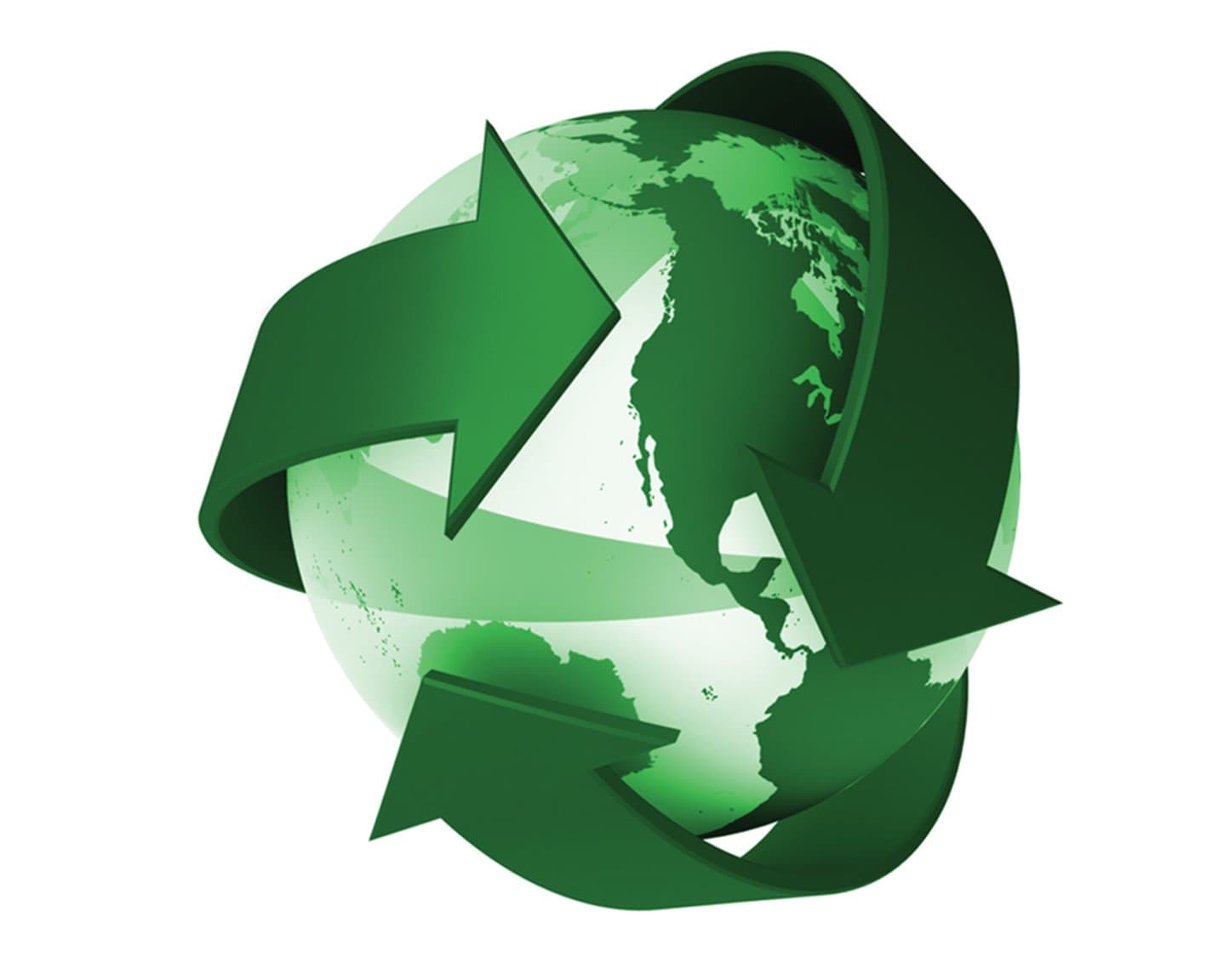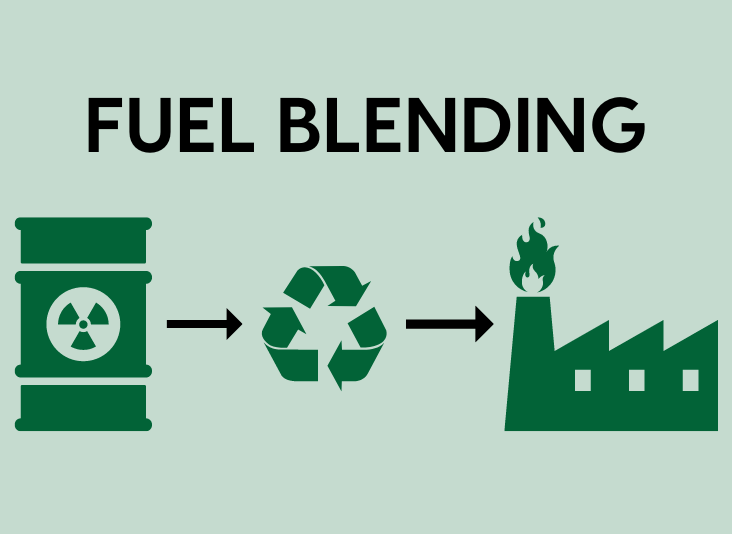Waste Minimization Q&A with Industry Expert, Brian Boissonneault
 Triumvirate Environmental recently hosted a webinar on waste minimization with industry expert, Brian Boissonneault. Below, is a complete Q and A with him regarding waste minimization in the industrial sector.
Triumvirate Environmental recently hosted a webinar on waste minimization with industry expert, Brian Boissonneault. Below, is a complete Q and A with him regarding waste minimization in the industrial sector.
How have you been successful in finding purchased outlets for waste?
It's definitely not the easiest thing to do but obviously worth the endeavor. You know, the first step, once we identify all the characteristics of the waste, I talked a few times about the process. The first thing you do once you have that date is you do some research. You get to the internet, you get to networking associations, you understand the properties of that waste. In understanding you might find an area where it's being used either identically or similarly and you can kind of tweak it from there.
Networking for opportunities is important. I use our list of clients to see what they're doing and find other companies and similar industries to see if they have any ideas and success stories that they want to share with me and I may be able to either use them directly for my current client or I may be able to adopt that policy a little bit and make it work, make it fit. And then, I usually go back to researching it.
I want to stress that there's often a lot of time spent in research around this purchase and sales in the secondary market but whenever it pays out, it certainly pays out.
Our company uses a lot of presaturated Spor Klenz wipes. They are collected as waste and end up costing quite a bit of money for disposal. How can we minimize cost in these cleaning wipes?
Spor Klenz can be difficult due to the mixture of agents. The fact that these wipes are used for disinfection might not help for perception reasons as well. However, I would employ the same process of looking at the purchasing practices, the properties of the waste and look for a home. It sounds like FDA or some agency may not let you reuse the wipes. Could you prove the efficacy of the wipes after the first use?
Where do we offer this service?
That's a good question. In theory, globally. In reality, it really depends on the specific service. I don't want to make this a huge commercial but Triumvirate is based on the east coast. We do operate certainly in these consultative roles nationally and if you'd like some help, reach out to me and I can help you or give you some direction on who could.
Our largest waste stream is MEK rags. Have you had success minimizing this waste?
There are fuel blenders who handle both solids and liquids. There are also solvent recyclers for liquids. Could you wring the liquids from the rags and recycle that?
Do you find that your efforts ever inform future design teams i.e. analysis of by-products is used to help RND to design out the amount and type of by-products?
Absolutely! That should be your first point of exploration in waste minimization. Communication between all interested parties is key.
Is there an active waste exchange in the Greater Boston area?
Not specifically. However, there are companies who broker virgin waste materials to third world countries for educational use. Other waste would take some effort on a case-by-case basis. If you have specific needs, please let me know.
I'm a semi-conductor manufacturer and my biggest waste stream is D001 flammable liquids. We might be able to find different chemical products but they still contain flammable, organic components. This is simply the nature of our business. What comments would you have in that regard?
Traditional cradle to grave rules do not apply. When a company recycles solvents into a product, your liability ends and their product liability insurance begins.How do I get my senior level managers engage in waste minimization?
Yeah, that can be a tricky one and it’s countered in two because you would think that senior level managers are very interested in not only promoting their brand but lowering their cost. Almost in a way, seems like what drives them daily. But some, especially some older manufacturing industries may not be hip to it. \
What I think, you know, some steps you might follow is number 1, look and follow the company culture. Does your company have an idea box? Maybe in your cafeteria where you could drop an idea. I'd be careful of the chain of command. I'm a former military person so that's a term that I use often but you know, are you just below the senior management level? Then great. Are you not? Well, how does that next step above you feel about you sort of jumping the chain and going right to the c-suite?
That's just a political note that you might take caution in. Whether it's the idea box or direct conversation or whatever, I think when you have the conversation, you want to be concise and you want to show value. I don't think you want to spend time on grandiose ideas that haven't been vetted yet. I think it's probably going to be viewed as your responsibility to develop this plan at least to about 80%. Have a good idea of what the ROI would be if there is an investment and what the likelihood of effectiveness is.
The last note that I'll give you is, once you get to that conversation, ask directly for help. If you think that you need their help and they can help you reach these goals,don't be afraid to ask. It may not be intuitive to who you are talking to, that you are asking for help without the direct question.
Building on the question of waste solvent recycling options, could you expand and how to this impact cradle to grave chemical waste management?
Generally, I haven't really seen any examples to the opposite. A hazardous waste solvent, a D001 is still a hazardous waste solvent right up to the point of recycling. After a material has been recycled, gone through a process and a product is generated out of it, that is the grave, in that cradle to grave scenario.
So, the question is around which risk mitigation. I think it's, frankly, no more risky than traditional disposal and in fact even less risky in that there's an entity on the buying end of this product that's generated from the recycling process who's then taking over liability and risk.
I don’t want to make this too muddy but the more people you involve who are taking on a piece of risk, the lower the risk is for every individual involve in the transaction. Do you recycle the solvent yourself? That’s probably the riskiest opportunity for your company because there’s no one else sharing in that risk. Do you go through, 5 different layers of vendors to help you recycle it? Probably not because that usually becomes more costly.
Find the sweet spot that’s comfortable for your organization but for cradle to grave, again, just to summarize, that grave ends at the recycling process. There’s no ash coming out of an incinerator that you’re still liable for. In theory, it’s less risky than traditional disposal methods.
We are a small cabinet manufacturing company. We mostly deal with paper waste and haz-waste such as paint thinner. Can you suggest ways to cut cost even though we are very small company under 10 employees? Recycling methods?
Look at your use of thinners and other solvents. Are there other chemicals which could be used and are non-hazardous.? That material could then be sent for waste to energy treatment, which many consider recycling. Also, are you using a recycling (distillation process to reuse the solvents? Are your solvents amenable to distillation?
Is adjusting the pH of a waste stream considered treatment?
Check with your state. Some allow for this treatment without a permit.
We end up with a lot of partially used paint cans from our facilities. Any other options for recycling this waste?
Many states are beginning to regulate paint as universal waste. As such, paint recycling has emerged as a new industry. Check with your state regulator for ideas.
See how we've helped organizations like yours minimize their waste.










.png)